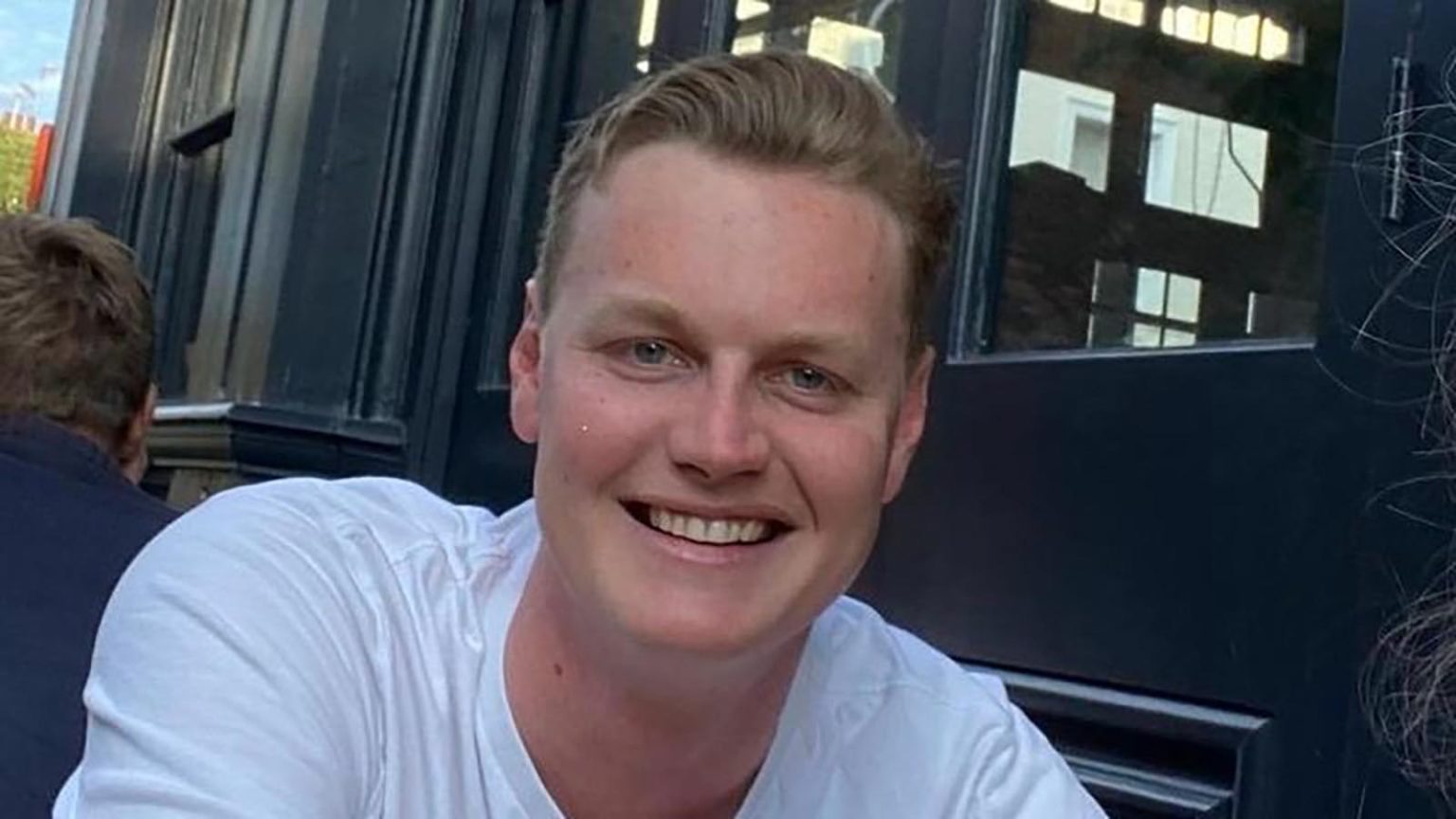The New Year’s Day terror attack in New Orleans claimed the lives of 14 individuals, including a British citizen identified as 31-year-old Edward Pettifer from Chelsea, London. Pettifer’s family expressed their devastation at his loss, remembering him as a beloved son, brother, grandson, nephew, and friend. The attack, which took place on the iconic Bourbon Street, transformed the celebratory atmosphere into a scene of carnage. Shamsud-Din Jabbar, a 42-year-old Texas resident, is suspected of driving a white Ford pickup truck into the crowd of revelers, leaving dozens injured in addition to the fatalities.
Jabbar’s vehicle carried a black ISIS flag on its trailer hitch, foreshadowing the terrorist motivation behind the attack. Prior to the incident, Jabbar posted five videos online proclaiming his allegiance to ISIS and detailing his journey from Houston to New Orleans. He initially intended to target his family and friends but shifted his focus, expressing concern that news coverage wouldn’t center on the ideological conflict between believers and disbelievers. Jabbar claimed to have joined the terrorist organization before the summer. While the FBI is confident he acted alone, the attack has raised concerns about security at other high-profile events.
The FBI investigation revealed disturbing details about Jabbar’s preparations. Agents discovered a bomb-making workbench in his Texas trailer, along with chemicals used in explosives, tools, protective gear, and weighing scales. A Quran, open to a passage about slaying in the name of Allah, was also found. These findings paint a chilling picture of Jabbar’s radicalization and his intent to cause widespread destruction. The discovery of undetonated bombs in Jabbar’s truck and the surrounding area further underscores the potential scale of the tragedy averted.
In the wake of the attack, security experts have voiced concerns about the vulnerability of public events, particularly those attracting global attention. The upcoming state funeral of former president Jimmy Carter has been highlighted as a potential target, prompting calls for heightened security measures. International security specialist Will Geddes emphasized the importance of preventing another attack at such a prominent event, acknowledging the heightened risk given the recent events in New Orleans and other past incidents. The need for increased vigilance and proactive security measures is paramount in mitigating the threat of future attacks.
Jabbar’s background reveals a complex individual. He served in the US Army from 2007 to 2015 in non-combat roles related to human resources and information technology. His brother, Abdur Jabbar, described him as a “sweetheart,” a “nice guy,” and a “friend,” highlighting the stark contrast between his perceived character and his actions. Abdur Jabbar emphasized that his brother’s actions did not represent Islam, attributing the attack to radicalization rather than religious beliefs. This underscores the complex and often individual nature of radicalization, a phenomenon that can manifest even in individuals with seemingly ordinary backgrounds.
Jabbar’s history includes two prior arrests, one for theft in 2002 and another for driving with an invalid license in 2005. Both resulted in minor fines. He resided in a rundown trailer park on the outskirts of Houston, keeping sheep and goats in the yard. Neighbors described him as quiet and unassuming, further emphasizing the difficulty in predicting such extreme acts of violence. The attack serves as a stark reminder of the challenges in identifying and addressing radicalization, particularly when it occurs in seemingly isolated individuals. The comprehensive list of victims released by the Orleans Parish Coroner’s Office underscores the profound impact of this tragedy, detailing the loss of 14 lives, each with their own story and loved ones left to grieve.




